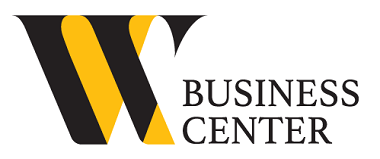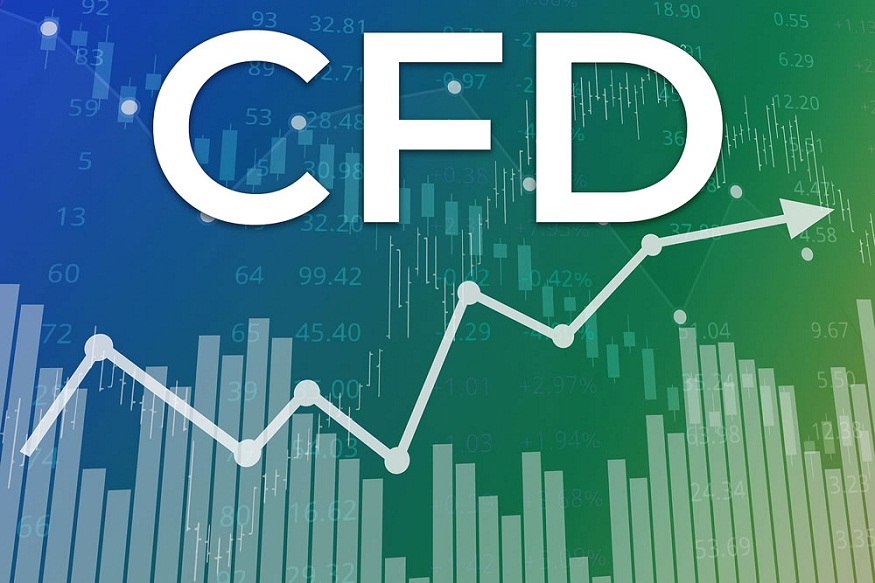The United Arab Emirates has emerged as a dynamic hub for global finance, attracting an influx of high-net-worth individuals, institutional investors, and advanced retail traders. With robust infrastructure, access to global markets, and regulatory clarity, the UAE offers fertile ground for financial innovation.
Among the tools gaining popularity in this evolving landscape are Contracts for Difference, or CFDs. These versatile instruments have become central to the trading strategies of sophisticated UAE traders seeking speed, flexibility, and cross-asset exposure.
The Allure of CFDs: Precision Tools for Multi-Asset Strategies
Their appeal also lies in leveraged exposure, enabling traders to control larger positions with relatively small capital outlays. For experienced traders, CFDs offer the agility to diversify, hedge, and respond swiftly to market opportunities.
Why Sophisticated Traders in the UAE Are Choosing CFDs
Whether tracking the ADNOC share price, shorting global tech stocks, or hedging against oil volatility, traders can manage all positions through a single, integrated account, streamlining execution and oversight.
This efficiency pairs with tactical flexibility. CFDs allow traders to profit in both rising and falling markets, enabling them to act on macro trends like inflation, rate hikes, or geopolitical shifts. Long or short, positions can be adjusted quickly to reflect real-time market views.
With 24/5 access to global assets, CFD traders aren’t limited by local exchange hours. They can respond instantly to breaking news, oil inventory reports, or central bank decisions—securing an edge in fast-moving markets.
Advanced platforms offered by UAE brokers, such as ADSS, further enhance this experience. These systems feature real-time pricing, algorithmic tools, and advanced order types, supporting complex strategies with precision.
All of this is underpinned by a strong regulatory framework. Brokers licensed by the SCA or DFSA deliver a high standard of trust, coupled with localised support tailored to UAE traders. This combination of global reach and regional expertise makes CFDs a compelling choice for serious market participants in the Emirates.
CFDs Across Asset Classes: Strategic Use Cases
CFDs empower traders in the UAE to access and strategically navigate a wide range of asset classes—all from a single, flexible trading platform.
Forex
The forex market is the most liquid globally, and CFDs offer an efficient way to trade both major and minor currency pairs. Traders use forex CFDs to act on central bank decisions, geopolitical events, and carry trade setups. In the UAE’s dollar-pegged environment, USD pairs are popular for both speculation and hedging aligned with local currency dynamics.
Commodities
With the UAE’s strong ties to the energy sector, commodities play a vital role in CFD portfolios. CFDs let traders hedge oil price risks or speculate on assets like gold without handling physical delivery or entering futures contracts, offering accessible exposure to key regional and global drivers.
Indices
CFDs on global and regional indices provide traders with a streamlined way to express macro views, from tech sector optimism to economic slowdowns. They also enable direct tracking of local benchmarks like ADX and DFM, allowing for targeted Middle East portfolio strategies.
Equities
CFDs remove the friction of foreign brokerage accounts and physical settlement when trading international shares. From global names like Apple to local blue chips like ADNOC Distribution, traders can access real-time pricing and speculate on movements without the administrative overhead.
Crypto: Speculating in High-Volatility Markets with Risk Controls
CFDs offer exposure to cryptocurrencies without the complexities of wallets or exchanges. Traders can go long or short with built-in risk management tools like stop-losses, making this a structured way to engage with volatile digital markets through familiar trading platforms.
Managing Risk: Professional Approaches to Volatility
With leverage comes responsibility. Effective CFD traders rely on strict risk controls, including stop-loss and take-profit orders, dynamic position sizing, and portfolio-level hedging.
More advanced strategies might involve using uncorrelated assets to reduce drawdowns or applying volatility filters to prevent overtrading in erratic conditions. In the UAE, where global and regional markets can be influenced by geopolitical events, these tools are more than optional—they’re essential.
Conclusion
In a landscape defined by shifting macroeconomic forces, geopolitical tension, and evolving technology, adaptability is the key to success.
By combining access to global markets, leverage, advanced tools, and local expertise, CFDs have become more than just a trading instrument—they’re a strategic advantage. Whether tracking U.S. tech giants or the ADNOC share price, mastering multi-asset trading through CFDs is rapidly becoming the new standard for the region’s elite traders.

